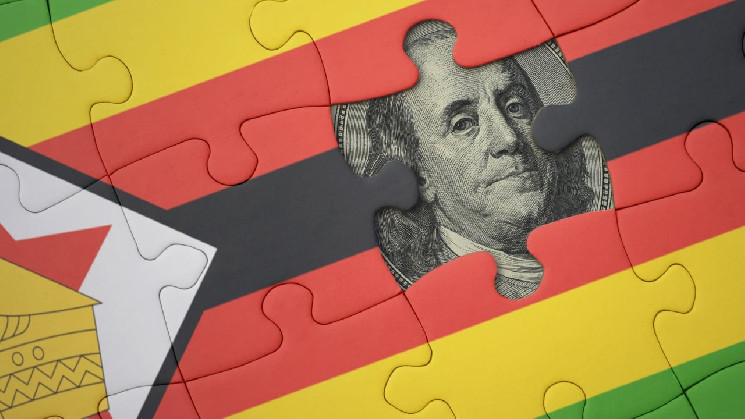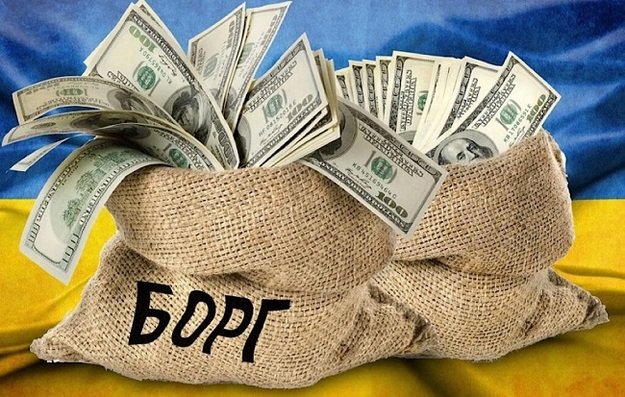The Zimbabwean Cabinet has approved a de-dollarization roadmap outlining “modalities to operationalize the Zig currency as legal tender for use in the economy.” Zimbabwean officials have set early 2026 as the new deadline for making the Zig the country’s sole currency. The central bank is expected to strengthen the mandatory licensing requirements, which compel business operators to have a bank account and a point-of-sale device.
U.S. Dollar Accounts for 70% of All Economic Transactions
The Zimbabwean government has approved a de-dollarization roadmap, and Finance Minister Mthuli Ncube is expected to unveil the plan. Information Minister Jenfan Muswere disclosed this at a press briefing following the weekly Cabinet meeting. However, Muswere did not reveal when the Finance Minister is expected to formally unveil the roadmap.
Zimbabwe’s push to de-dollarize, first hinted at by President Emmerson Mnangagwa in 2023, comes at a time when the U.S. dollar is said to account for over 70% of the country’s economic transactions. The launch of the gold-backed local currency, the Zig, in April was seen as the country’s first real attempt to diminish its reliance on the greenback.
Commenting on the continuing attempts to make the Zig the sole legal tender, Muswere said:
On modalities to operationalize the ZiG currency as legal tender for use in the economy, a de-dollarization roadmap is now in place.
According to a Bloomberg report, Zimbabwean officials have set early 2026 as the new deadline for making the Zig the country’s sole currency. Previously, authorities had targeted 2030 as the de-dollarization deadline.
Meanwhile, as part of efforts aimed at bolstering the Zig and the use of online payment methods, the Reserve Bank of Zimbabwe (RBZ) will strengthen the mandatory licensing requirements, which compel business operators to have a bank account and a point-of-sale device. The information minister disclosed that the RBZ will “deploy inspectors to curb misdemeanours that militate against price stability and the availability of basic commodities.”
Muswere added that the penalties on business operators who engage in unfair trade practices, currency manipulation, or unjustly hike prices have been reviewed upwards from $200 to $5,000.













